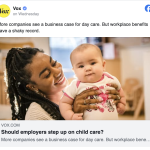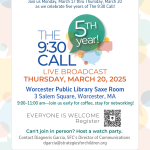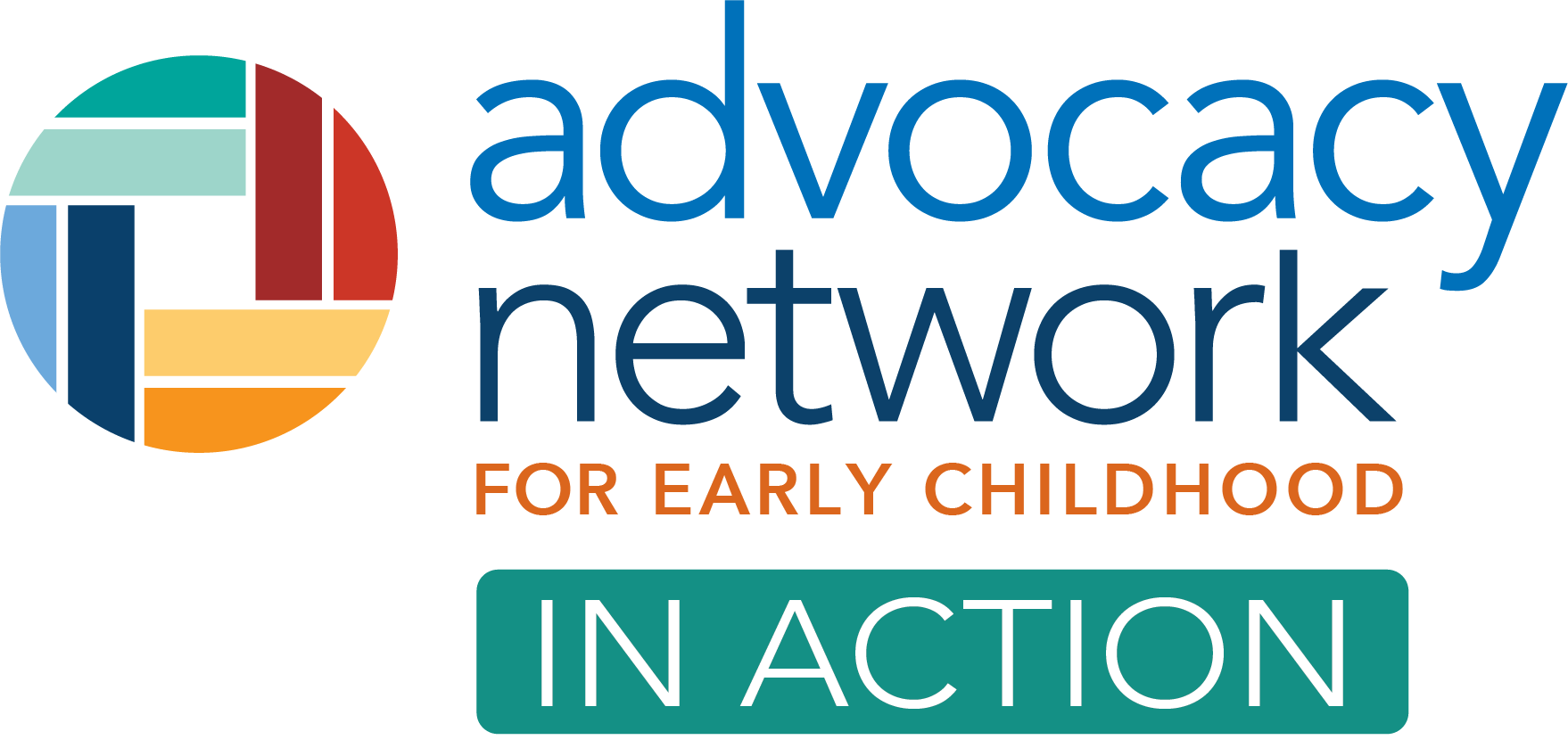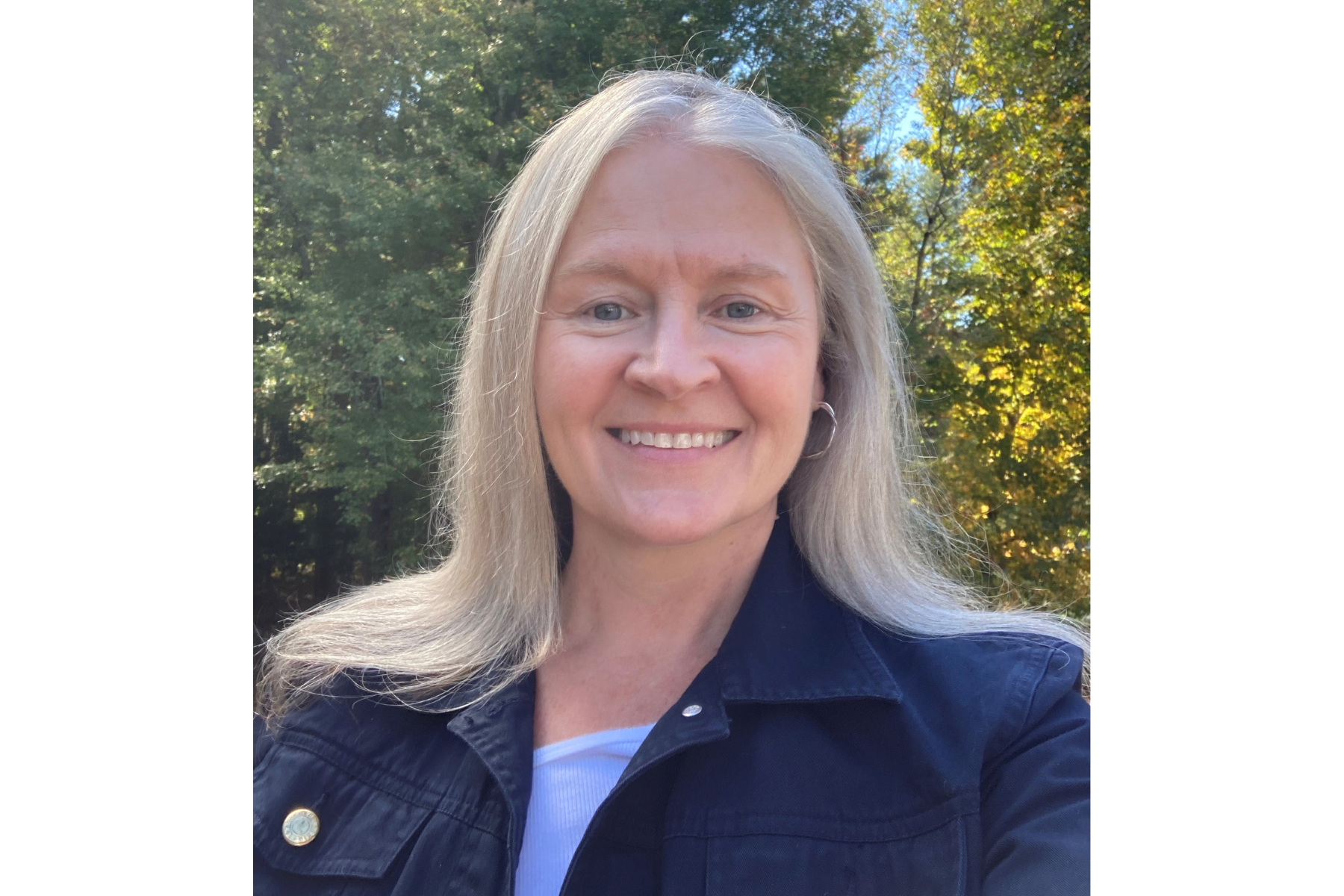When she was in college at UMass Boston, Elizabeth Walsh planned to be a high school English teacher. In need of part-time work, she looked in the newspaper, found an opening for a teacher’s assistant at an Early Intervention program, and applied.
“I didn’t know what Early Intervention was,” Walsh recalls, but she got the job and started working with children, ages zero to three, who had developmental delays and disabilities. It was work that made her part of an inspiring team.
“There was a wonderful group of women who were special educators, speech therapists, occupational therapists, physical therapists, and social workers. They took a collaborative approach to assisting young children and their families.”
Children in the program learned differently, and Walsh was drawn to the puzzle of figuring out their needs.
“So right before I was supposed to do my student teaching for my high school teaching career, I chose not to go down that path. I graduated and stayed at the Early Intervention program and went to grad school for Early Intervention,” at Wheelock College.
Walsh stayed in Early Intervention for 30 years. But over time, she says, the profession changed. Decisions about how best to work with children were increasingly impacted by insurance rules.
So Walsh made career moves, including her position as a clinical research assistant at Lifespan Corporation (now Brown Health). She worked on two studies. One study looked at children’s environmental health outcomes. And the other study compared the neurological development of breast-fed babies and formula-fed babies. Walsh also worked at the University of Connecticut’s Center for Excellence in Developmental Disabilities.
Today, Walsh is the Assistant Director of Early Education Inclusion at Horizons for Homeless Children and a member of the fourth cohort of Strategies for Children’s Advocacy Network.
“It’s a community of people who all want to make things better for children and families at a level that goes beyond their communities and their place of employment, and to do that you need connections,” Walsh says of the Advocacy Network.
“For somebody like me, who’s been in the field for a long time, it’s also an opportunity to use my knowledge and life skills to help support other professionals. It’s a chance to connect with people that I otherwise would not have met.”
Sharing what she knows is also at the heart of Walsh’s Advocacy Network project.
“I’m helping to train our Horizons’ parents and staff about how to access inclusive services for children, who might be learning in different ways. So topics like what Early Intervention is and how families can get EI referrals, and what an IEP is, and how teachers have conversations with parents about their child’s development, and how to share information with families about the services they can access. Parents also need to know about the state’s Early Intervention policies.”
Since beginning her project in the fall, Walsh has reached more than 27 staff through training and “lunch and learn” sessions. She has also written and shared detailed emails with Early Intervention resources and links.
Walsh says her long-term goal is to make sure that children receive the array of services they need.
“Children come to Horizons because they’re homeless, and their families are dealing with their child’s development, and they are in survival mode. So it’s, My child is not talking, and I have to find housing and get a job.
“We also know that most of our kids come to Horizons with a lot of trauma, and they’re under five years old. So we want to put things in place that can help families help their child get a better start: education, therapeutic support, whatever gets a child on the right path.
“If we can get kids services now, and if those services follow them through elementary school, middle school, high school, that child should be in a better place to move out of homelessness, get a job, and be successful.”
Part of doing this work is identifying and clearing away roadblocks. For Walsh, that means meeting with Boston Public School staff to learn about their process and the challenges they see in serving Horizons’ children. It also means looking at the process step by step to understand why a family might not have received or followed up on a referral for services.
“There’s still that fear for parents who think: I don‘t want to be labelled. I don’t want people talking about my kid. And for immigrant families there’s a lack of knowledge about the U.S. system.”
What does Walsh want for the future of Massachusetts?
“I want there to be support services. I want there to be enough professionals to provide services for these kids. I want child care workers to be paid fair wages, and I want them to have time to learn about how best to support families. I want school systems to provide services to kids for more than just half an hour a week, especially for a child who’s not talking when they’re four years old.
“I want professionals to want to work in the Early Intervention system. I want professionals to want to work in special education. I want those people not to be overworked. I want them to have a manageable caseload. I want them to be able to make a living. I want them to have planning time. I don’t want families to have to fight for services.
“I want systems to work in the way that they should work.”




